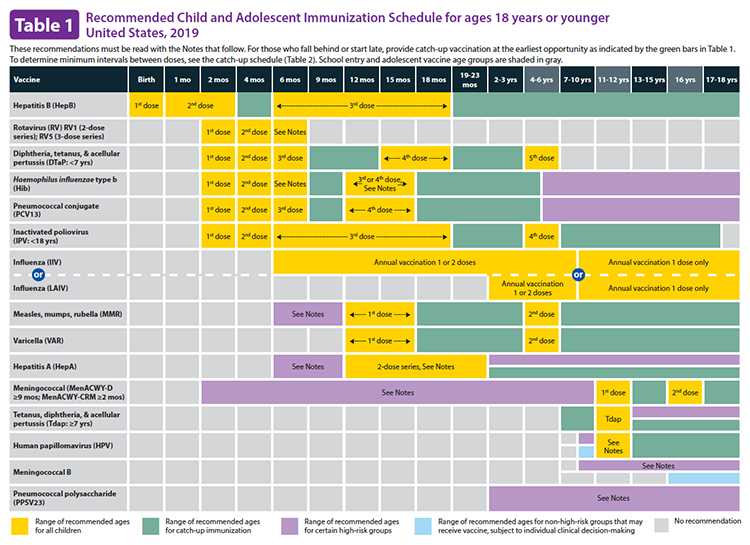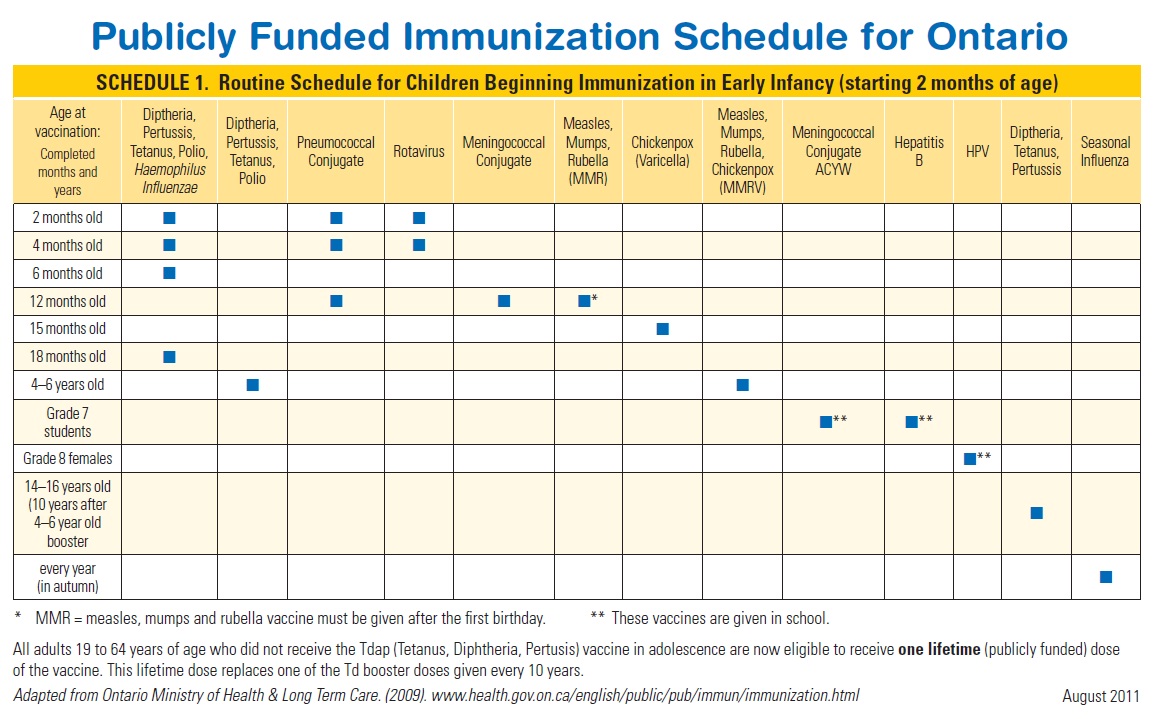
As a concerned individual, you want to ensure that you and your loved ones are protected from vaccine-preventable diseases. Immunization is a crucial step in maintaining good health, and it's essential to stay informed about the latest recommendations and guidelines. The U.S. Department of Health and Human Services (HHS) provides a wealth of information on immunization, and in this article, we'll summarize the key points to help you make informed decisions about your health.
Why Immunization Matters
Immunization is a safe and effective way to prevent the spread of infectious diseases. Vaccines work by introducing a small, harmless piece of a virus or bacteria to the body, which triggers the immune system to produce antibodies. These antibodies help fight off the disease, providing long-term protection against future infections. By getting vaccinated, you not only protect yourself but also help prevent the spread of diseases to others, including those who may be more vulnerable, such as the elderly, young children, and people with weakened immune systems.
Recommended Vaccines for Different Age Groups
The HHS recommends a range of vaccines for different age groups, including:
Children and Adolescents: Vaccines such as MMR (measles, mumps, and rubella), DTaP (diphtheria, tetanus, and pertussis), and HPV (human papillomavirus) are recommended for children and adolescents to protect against serious diseases.
Adults: Vaccines such as Td (tetanus and diphtheria) and flu (influenza) are recommended for adults to protect against diseases such as tetanus and flu.
Pregnant Women: Vaccines such as flu and Tdap (tetanus, diphtheria, and pertussis) are recommended for pregnant women to protect themselves and their unborn babies.
Seniors: Vaccines such as flu, pneumococcal, and shingles are recommended for seniors to protect against diseases such as flu, pneumonia, and shingles.
Where to Get Vaccinated
You can get vaccinated at various locations, including:
Healthcare Provider's Office: Your healthcare provider can administer vaccines during routine check-ups or separate visits.
Local Health Department: Many local health departments offer vaccinations, including flu shots and other recommended vaccines.
Pharmacies: Many pharmacies, such as CVS and Walgreens, offer vaccinations, including flu shots and other recommended vaccines.
Community Clinics: Community clinics and health centers may also offer vaccinations, including free or low-cost options.
Staying Up-to-Date with Immunization Schedules
It's essential to stay up-to-date with the latest immunization schedules and recommendations. The HHS provides a range of resources, including:
Vaccine Schedules: The HHS provides recommended vaccine schedules for different age groups, which can be found on their website.
Vaccine Information Statements: The HHS provides Vaccine Information Statements (VISs) for each vaccine, which explain the benefits and risks of each vaccine.
Immunization Apps: There are several immunization apps available, such as the CDC's Vaccine Scheduler, which can help you stay on track with vaccine schedules and recommendations.
In conclusion, immunization is a crucial step in maintaining good health, and staying informed about the latest recommendations and guidelines is essential. By following the recommended vaccine schedules and getting vaccinated, you can protect yourself and your loved ones from vaccine-preventable diseases. Visit the HHS website at
HHS.gov for more information on immunization and to stay up-to-date with the latest recommendations.









